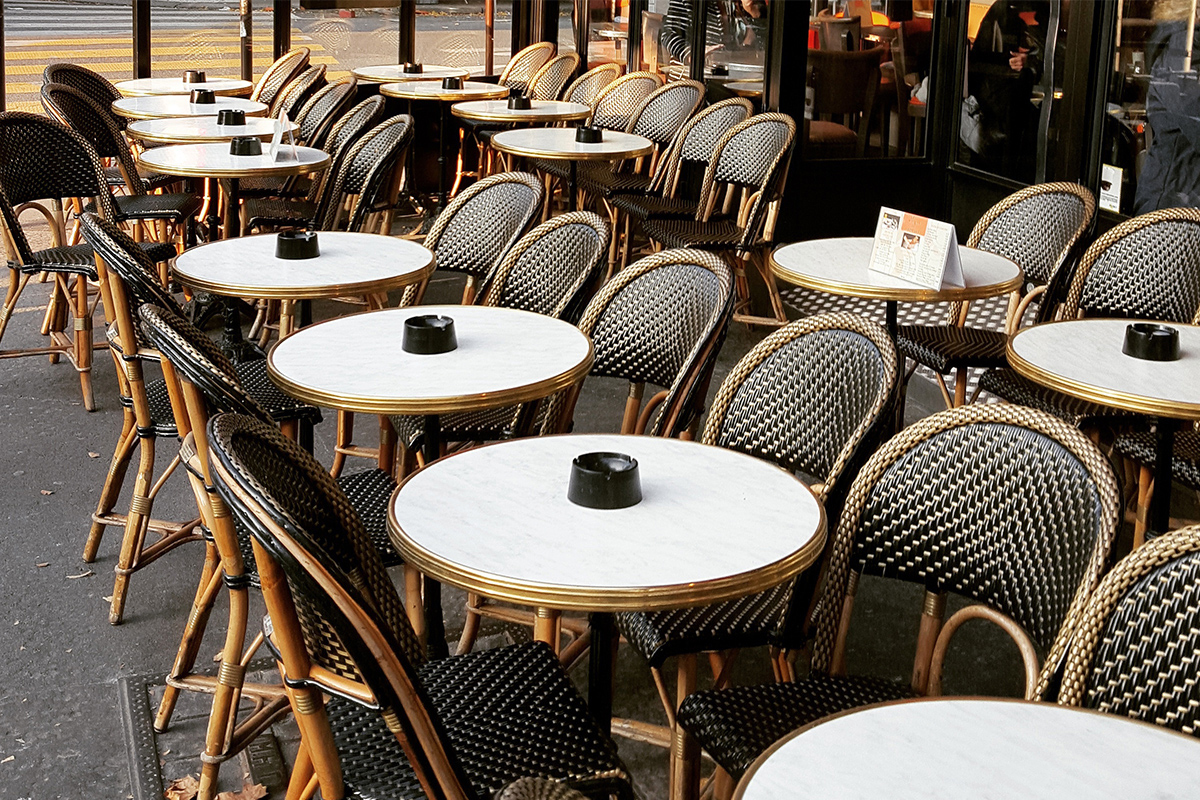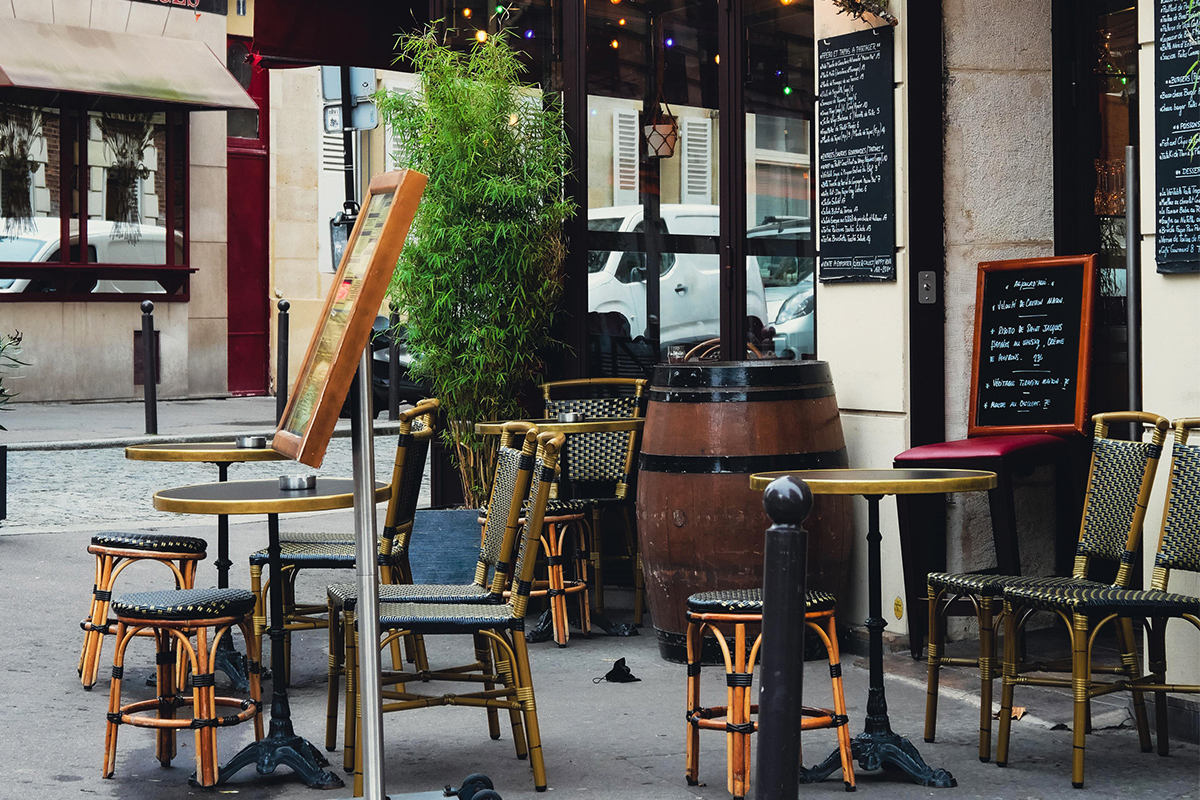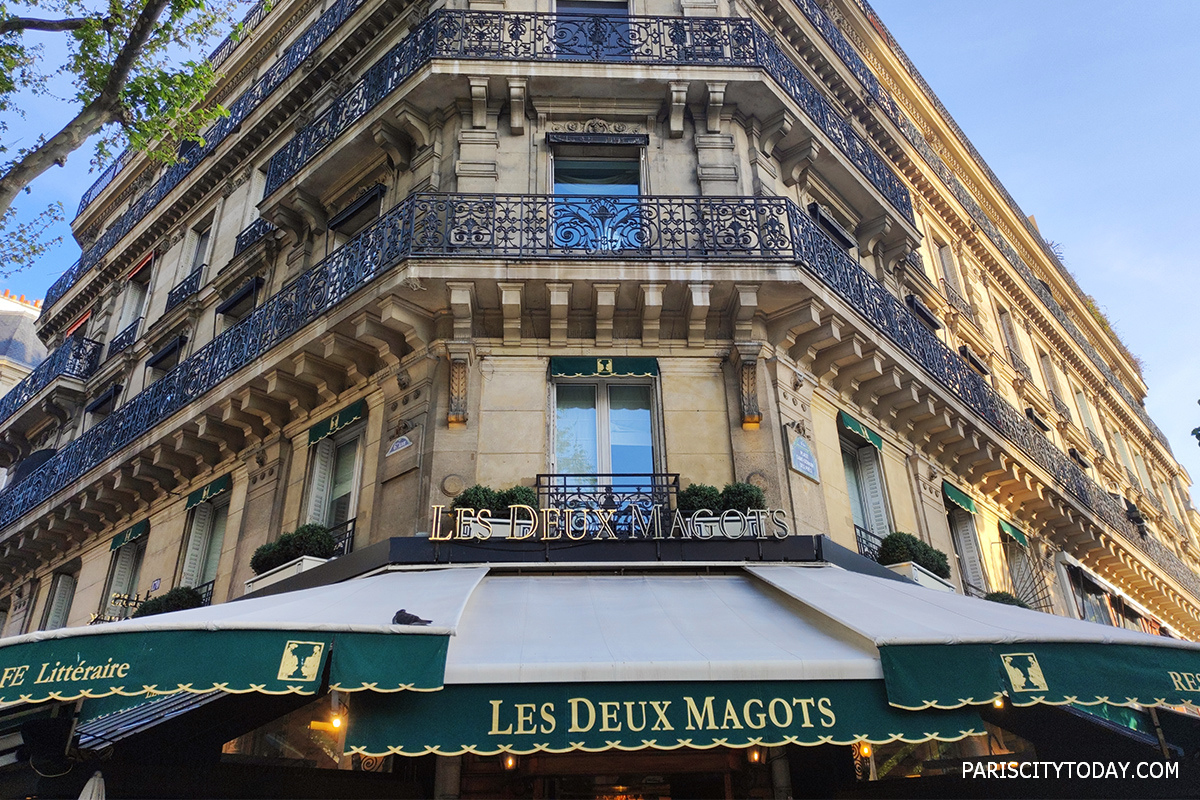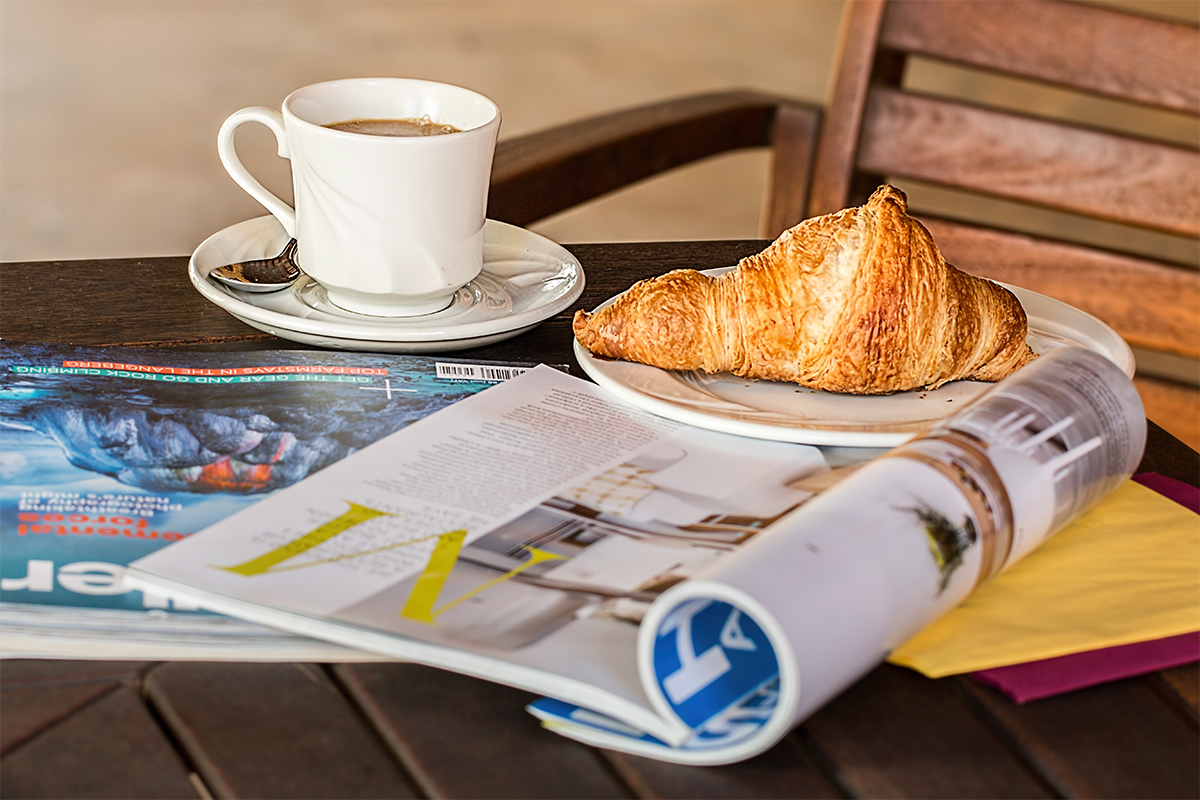
- Updated: 29.09.2024
Exploring Parisian Cafe Culture: A Delightful Blend of Tradition and Modernity
Paris is known as the city of light, luxury shopping, romance, and fashion, but there is one more phenomenon of the Parisian atmosphere, these are the many uniquely styled cafes. Paris is known for its numerous cafes, and there were thousands of them spread throughout the city. The café culture of Paris is an integral part of the city's identity, shaping its social fabric and contributing to its unique charm. Steeped in history and tradition, Parisian cafés have been cultural hubs for centuries, serving as meeting places for artists, writers, intellectuals, and locals alike. This phenomenon is not merely about coffee consumption; it's a way of life, a celebration of leisure, intellectual exchange, and the art of people-watching.
→ Useful Article: 7 Days in Paris Itinerary
History
One cannot delve into the essence of Parisian cafe culture without acknowledging its historical roots. The tradition of café-going in Paris dates back to the 17th century when the first coffeehouses emerged in the city. These establishments quickly became centers of intellectual discourse and gatherings, fostering a sense of community among the city's literati. Over time, the cafe evolved from a place solely for caffeine consumption to a space where ideas flowed freely, artistic movements were born, and revolutions were plotted. The oldest palce called Le Procope, this is a historic restaurant and café located in the 6th arrondissement of Paris. It is renowned as one of the oldest continuously operating restaurants in the world, with a history dating back to 1686. These three are just a few examples of legendary establishments that have stood the test of time. The establishment has a rich cultural and literary heritage, having been a gathering place for intellectuals, writers, and artists over the centuries.
A defining feature of Parisian cafes is their outdoor seating, which spills onto the sidewalks, inviting patrons to observe the world passing by. The iconic rattan chairs, small round tables, and classic red awnings create an instantly recognizable aesthetic. This outdoor arrangement not only facilitates people-watching but also encourages a sense of interconnectedness, as conversations seamlessly merge with the ambient sounds of the city.
Parisian Cafe

Parisian cafes are not just places to grab a quick coffee; they are extensions of people's living rooms, providing a relaxed and unhurried atmosphere. Patrons can spend hours engrossed in conversation, reading a book, or simply observing the ebb and flow of urban life. The leisurely pace of cafe culture stands in stark contrast to the fast-paced nature of modern life, offering a respite from the hustle and bustle of the city.
Literary and Artistic Havens and Iconic Cafes
The diversity of Parisian cafes caters to a wide range of tastes and preferences. From historic literary cafes like Les Deux Magots and Cafe de Flore nearby Hotel Madison, located in Saint-Germain-des-Pres, frequented by luminaries such as Jean-Paul Sartre and Simone de Beauvoir, to quaint neighborhood bistros, each café has its own character and ambiance. Whether nestled in the historic Latin Quarter or dotting the trendy Marais district, these establishments contribute to the city's rich tapestry.
The role of cafes as intellectual and artistic hubs is perhaps most evident in their association with the literary and artistic movements that have shaped Parisian history. The Surrealists, Existentialists, and other avant-garde groups found inspiration and camaraderie in the cozy corners of cafes. Hemingway penned parts of his novels in cafés like La Closerie des Lilas, and Albert Camus is said to have frequented Cafe de Flore, leaving an indelible mark on the literary landscape.
Les Deux Magots in Saint-Germain-des-Pres

Culinary Delights
Coffee, while an essential component, is not the sole focus of the Parisian café experience. The menu often features an array of pastries, sandwiches, and light meals, transforming the café into a culinary destination. French café culture extends beyond coffee to embrace the pleasure of savoring a croissant, pain au chocolat, or a quiche while engaged in thoughtful conversation or contemplation.
Coffee and Croissant

Nowa Days
In recent years, the Parisian café scene has undergone some changes, adapting to contemporary tastes and preferences. While the traditional cafes remain beloved institutions, modern establishments with innovative concepts have also gained popularity. Specialty coffee shops, with a focus on artisanal brewing methods and unique blends, have emerged alongside the classics, catering to a new generation of coffee enthusiasts.
Conclusion
In conclusion, the cafs culture of Paris is a multifaceted and enduring aspect of the city's identity. Rooted in history, these establishments have evolved into more than just places to enjoy a cup of coffee; they are vibrant spaces where people come together to connect, create, and immerse themselves in the timeless allure of Parisian life. Whether in the heart of the city or tucked away in a charming neighborhood, each café contributes to the rich mosaic that defines the essence of Paris.
Best hotels in 5th and 6th arrondissements
• More options can be find in this article where to stay in Paris.
| Hotel | Stars | Price/Photo |
|---|---|---|
| Hotel d'Aubusson | 5 | VIEW |
| Hotel Lutetia | 5 | VIEW |
| Villa-des-Pres | 5 | VIEW |
| Hotel Bel Ami | 5 | VIEW |
| L'Hotel | 5 | VIEW |
| Hotel De Buci | 4 | VIEW |
| Seven Hotel | 4 | VIEW |
| Hotel Jardin de Cluny | 4 | VIEW |
| Royal Saint Michel | 4 | VIEW |
| Hotel le Lapin Blanc | 4 | VIEW |
| Hotel Atmospheres | 4 | VIEW |